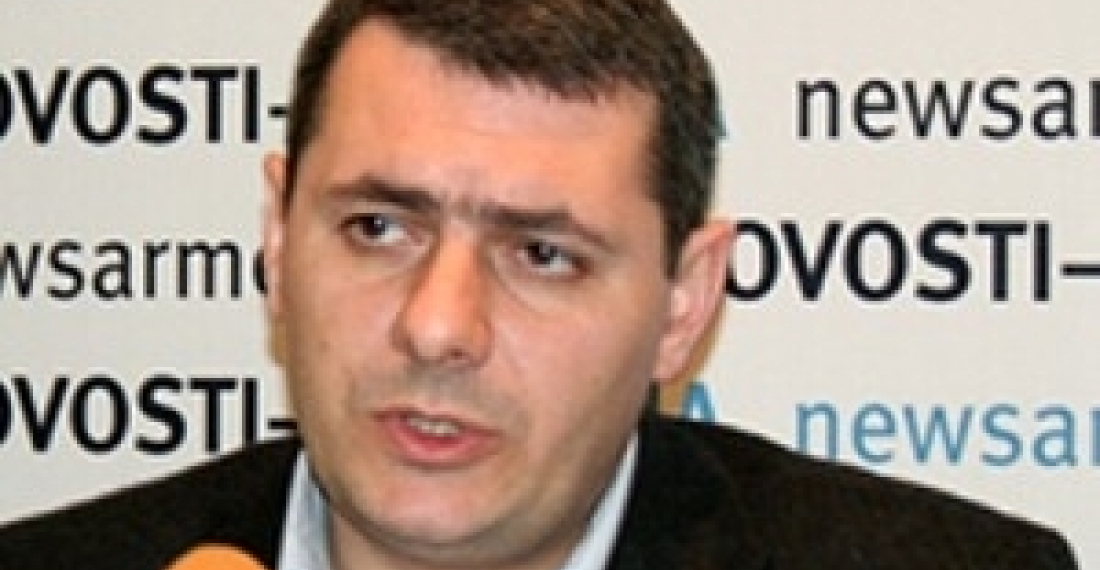Основная перспектива процесса урегулирования нагорно-карабахского конфликта в рамках Минской группы ОБСЕ в том, что этот процесс сохраняет статус-кво в виде отсутствия военных действий на линии соприкосновения. Такое мнение выразил АрмИнфо замдиректора Института Кавказа, политолог Сергей Минасян.
"Понятно, что в обозримом будущем результат переговоров, который в одинаковой степени устраивал бы все три стороны переговоров, не вырисовывается, более того, его и не существует. Поэтому переговорный процесс нужен сторонам и посредникам сам по себе. К тому же, сохранение такого статуса является самым положительным результатом переговоров. Никто в мире не может надеяться на появление долговременного мирного соглашения, основанного на взаимных уступках. Этого не произойдет хотя бы потому, что ни лидер Армении, ни лидер Азербайджана, ни тем более лидер Нагорного Карабаха, не смогут себе позволить поставить подпись под документом с подобным содержанием", - заметил он.
Сохранять же мир, по мнению Минасяна, можно, и в этом заключается главная миссия и перспектива Минской группы, причем это скорее большая, чем маленькая миссия по контролю над карабахским конфликтом. В этом контексте, очень важно, что между Россией, США и Францией есть главный консенсус, заключающийся в недопущении боевых действий в Карабахе, отраженный в наличии Минской группы, и этим все сказано.
По словам политолога, у всех стран-сопредседателей, конечно, есть разные второстепенные интересы в карабахской тематике, но главный интерес, заключающийся в недопущении возобновления боевых действий, у них все же общий. Минасян считает, что в Москве, Вашингтоне и Париже прекрасно понимают, что любое изменения статус-кво приведет к новой войне и огромным тратам с их стороны по восстановлению этого статус-кво в зоне конфликта.
"В настоящее же время карабахская армия, сохраняя мир своими силами, делает ту работу, которую должно делать мировое сообщество и страны-сопредседатели, в первую очередь. Поэтому выпускать синицу из рук ради журавля в небе они не станут", - подытожил Минасян.







